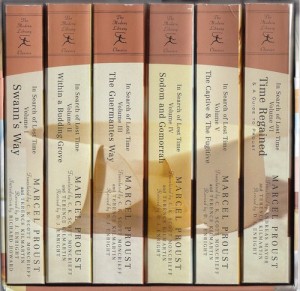
Part 1
I recently finished Marcel Proust’s seven-volume novel In Search of Lost Time. As I read the last sentence, which appropriately ends with the word “Time,” (clever Proust, very clever) I felt a range of unexpected thoughts and emotions. I knew that I deserved the biggest cookie in the world. I also wanted a sign from the universe to acknowledge this labor of love, because I could be sure as shit that no one else in the world would really care about this personal accomplishment. I just wanted to brag and walk around the city, challenging people by saying, “Hey, I just finished the longest novel ever, what, do somethin!” though I realized that most people would laugh at my pretentiousness. So, instead, embracing the dorkiness of the endeavor, I write about my experience and will wait for the countless plaudits and emails to race my way. Here we go! (Disclaimer: If I sound a bit oh-look-at-me pretentious, please forgive me, I deserve something for this effort. LET ME HAVE THIS.)
Some context/backdrop: Proust and his posthumous publishers split up his over 3,000 page novel into seven volumes. That comes out to over 1 million words, and if you’ve ever tried to read any of his volumes, you know the most prohibitive parts are the never ending sentences and paragraphs. You need to forget about that frequent reinforcement you get in reading that comes from the end of a sentence, paragraph or chapter. This in no way exists in Proust, and you need to give up any expectation of those consistent reinforcements that allow us to finish long literature. This takes time to get over, and I don’t know anyone who can say that the beginning of Proust was smooth or easy sailing. It takes time to learn how to read the book, though Proust will teach you the best way to read his writing, which is very nice of him.
I read this novel over a period of five months, from June to October, but I must mention that I attempted to read the first volume, Swann’s Way, at least twice before to little success. The first two times I made this endeavor, I actually grew to hate Proust. In my arrogance I thought that if I could not even get through one page, then the problem must lie in the author, not in me, the great reader. I soon realized that, attempting to read Proust, even at the age of 21, and then 23, I was neither mentally nor intellectually prepared. It requires some real high level discipline, patience, and even more patience. (If Proust gave me anything, and I would contend that he gave me a lot, he at least gave me a widened attention span. Now, I’ve moved on to reading all of Tolstoy and I find his large books breezy compared to Proust.)
READ MORE >

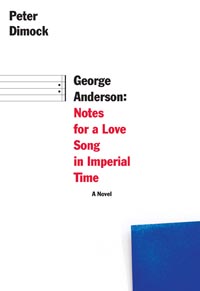

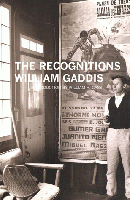
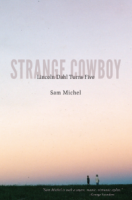
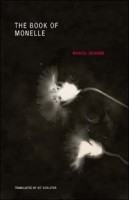

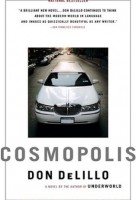
 Thunderbird
Thunderbird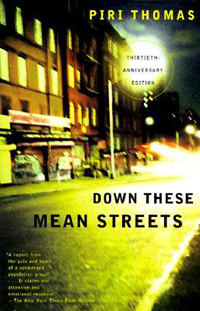 Down These Mean Streets
Down These Mean Streets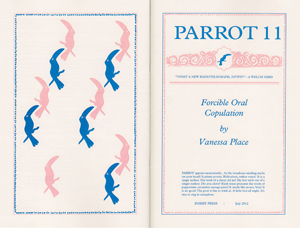
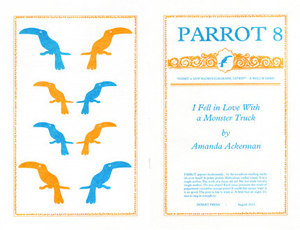
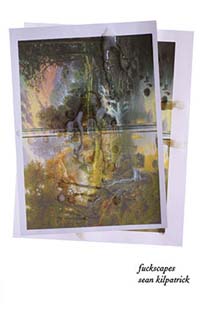 fuckscapes
fuckscapes